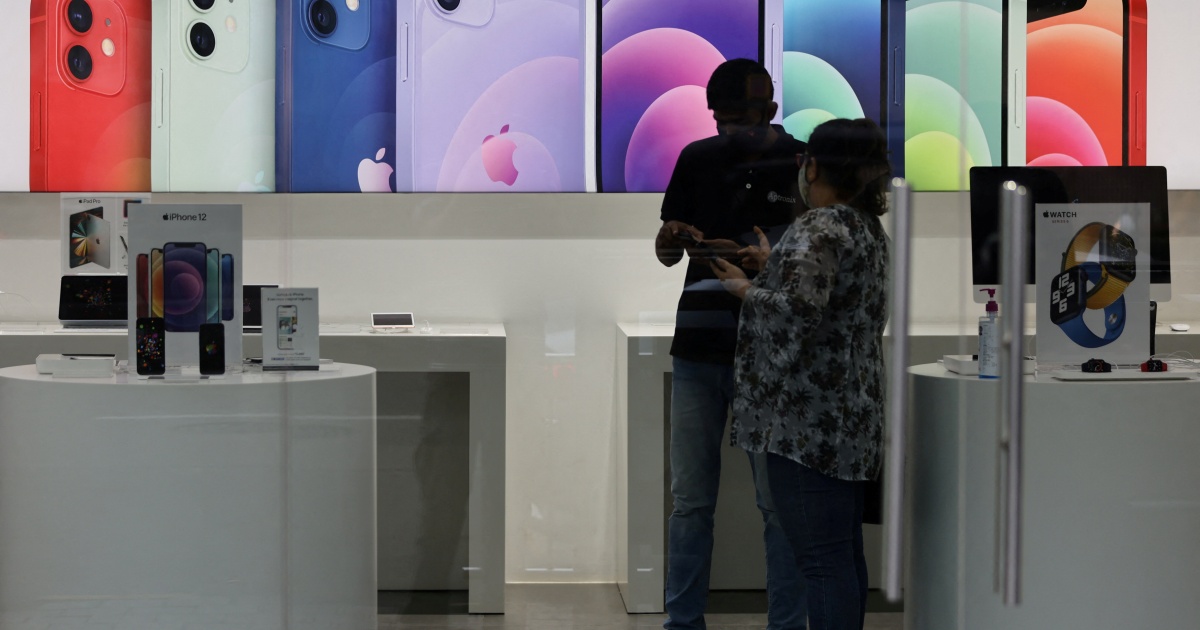The order comes in response to allegations that Apple was abusing its dominant position in the apps market.
Published On 3 Jan 2022
India’s competition watchdog has ordered an investigation into Apple Inc’s business practices in the country, saying it was of the initial view that the iPhone maker had violated certain antitrust laws.
The order from the Competition Commission of India (CCI) on Friday comes after a non-profit group alleged that Apple was abusing its dominant position in the apps market by forcing developers to use its proprietary in-app purchase system.
The complainant, Together We Fight Society, argued that Apple’s imposition of a 30 percent in-app fee for the distribution of paid digital content and other restrictions hurts competition by raising costs for app developers and customers while also acting as a barrier to market entry.
The CCI said Apple’s restrictions prima facie result in denial of market access for potential app developers and distributors.
“The Commission at this stage is convinced that a prima facie case is made out against Apple which merits investigation,” it said.
Apple did not respond to requests for comment.
The company denied the allegations in a filing to the CCI in November, seen by Reuters news agency, and asked the regulator to throw out the case, stressing that its market share in India was an “insignificant” 0-5 percent.
CCI however said in the order that Apple’s argument on its market share was “completely misdirected” as the allegations were about anti-competitive restrictions on app developers and not end users.
The allegations are similar to a case Apple faces in the European Union, where regulators last year started an investigation into the US tech giant.
The CCI ordered its investigations unit to complete the investigation and submit a report within 60 days of the order. Typically, such investigations go on for several months.
The watchdog is separately conducting an investigation into Google’s in-app payment system as part of a broader probe into the company after Indian startups last year voiced concern.







